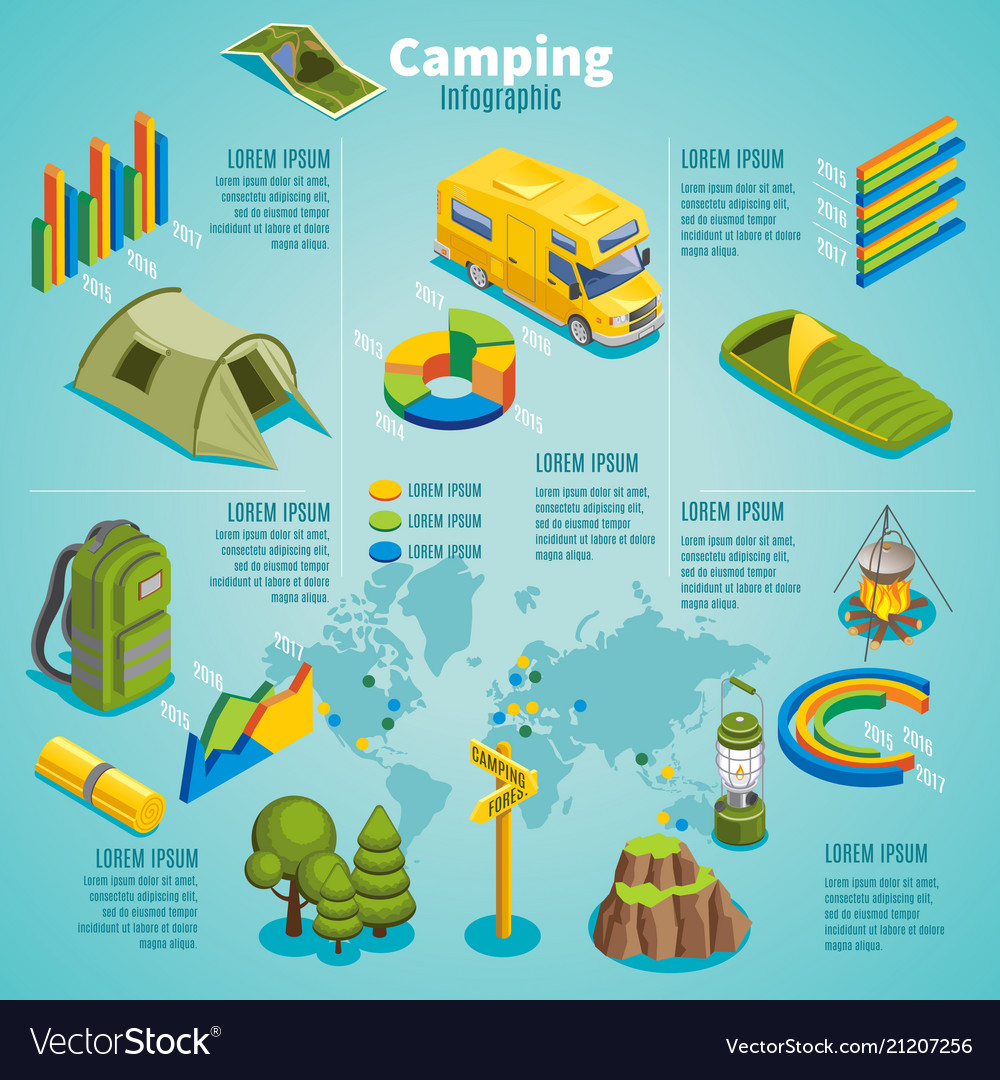The Fact About old school flashlight That No One Is Suggesting
The Fact About old school flashlight That No One Is Suggesting
Blog Article
Security Considerations for Family Members Outdoor Camping Tents
Safe and enjoyable camping trips are possible for the entire household when every person adheres to standard safety and security standards. Educate children to regard wild animals and natural objects, constantly maintain a first-aid kit with a lot of burn lotion handy, and be gotten ready for unanticipated situations by investigating the camping site, weather patterns, and geographical functions.
Do tents hold heat?
Pick the Right Camping Tent
Moms and dads who camp understand that the ideal outdoor tents can make or damage a camping trip. The tent you select have to be durable adequate to withstand the rough treatment that kids and canines can provide. It must likewise be simple to set up, with functions like color-coded poles and quick-clip systems.
You must additionally consider the size and capacity of the tent you want to purchase. Try to find a flooring location and top elevation that can fit the variety of individuals in your family members, plus added area to decrease crowding or claustrophobia.
When choosing a campground, survey the area for risks, such as animal burrows, harmful plants and rocky drop-offs. It's also a good idea to select a site that provides some kind of safety and security attributes, such as border secure fencing and nighttime camping area patrols.
Camping tent Configuration
When setting up camp, find a flat area that is big enough to easily fit your camping tent and any other aspects you're planning for, such as a fire pit. Remove any debris like sticks or stones and watch out for potential hazards, such as sloping pitches that can cause you to roll about throughout the evening and rain pools in concave areas.
If it's gusty, position your tent so the side with the strongest post framework deals with the wind to minimize the possibility of it blowing with and causing injury or damage. When possible, pick a site that is also secured by all-natural barriers to reduce wind and rain threats. You might likewise want to lay down a tarpaulin a little smaller sized than your tent floor to maintain it dry.
Outdoor tents Storage space
Lots of camping tents are designed with vents and flaps that urge air circulation. Nevertheless, you should constantly maintain flammable items like clothing and resting bags away from these openings to avoid fire threats. Air flow is likewise important to lower smoke and carbon monoxide gas buildup, which are significant health and wellness risks.
Never ever rest directly on the ground and educate kids to stay free from it. This stops tripping and dropping injuries, permanent tent homes in addition to insect bites.
Educate youngsters to always look for dangers before entering their outdoors tents, such as loosened rocks or tree limbs that can fall throughout a storm. It's also an excellent idea to get to the camping area before nightfall to make establishing camp much easier and safer. This likewise provides you a chance to identify any possible concerns, like snakes or dangerous plants.
Camping tent Weather
There are couple of things extra pleasurable than sitting around a campfire toasting gooey s'mores under a star-filled skies. But prior to you pitch your camping tent, see to it your household has the appropriate resting gear and recognizes how to effectively utilize a campfire.
Outdoors tents can likewise be influenced by weather, such as rainfall and wind. Wind can change the stress and anxiety on the camping tent, loosening up ratchet assemblies and drawing stakes out of the ground. Rainfall can cause outdoors tents to leak.
Try to find tents that use good ventilation and decrease condensation (moisture that normally forms from your body's breath). Think about bringing a tarpaulin in case of rain. And constantly leave your tent if there are lightning strikes close by.
Tent Security
Outdoors tents that don't abide by fire and life safety demands are a fire threat. Moreover, keeping combustible materials like timber, gas cylinders, and propane within the camping tent can create them to overheat or perhaps explode. To decrease these threats, they should be kept outside the outdoor tents sheltered by a durable tarpaulin.
Fire hazards likewise develop from improper use and storage space of cooktops. Stoves that aren't correctly aired vent can launch carbon monoxide gas, a fatal toxic gas.
Tent tethers and stakes can develop journey hazards in pathways and courses. To lower these risks, event organizers should consider utilizing noticeable weights on tethers, mounting tether cleats, or utilizing security cones around risk lines. Additionally, they must see to it that exits are not blocked by furnishings, camping tent wall surfaces, or various other structures.
Should I get a 1 or 2 person tent?
